Join 1000s Who Trust DermOnDemand
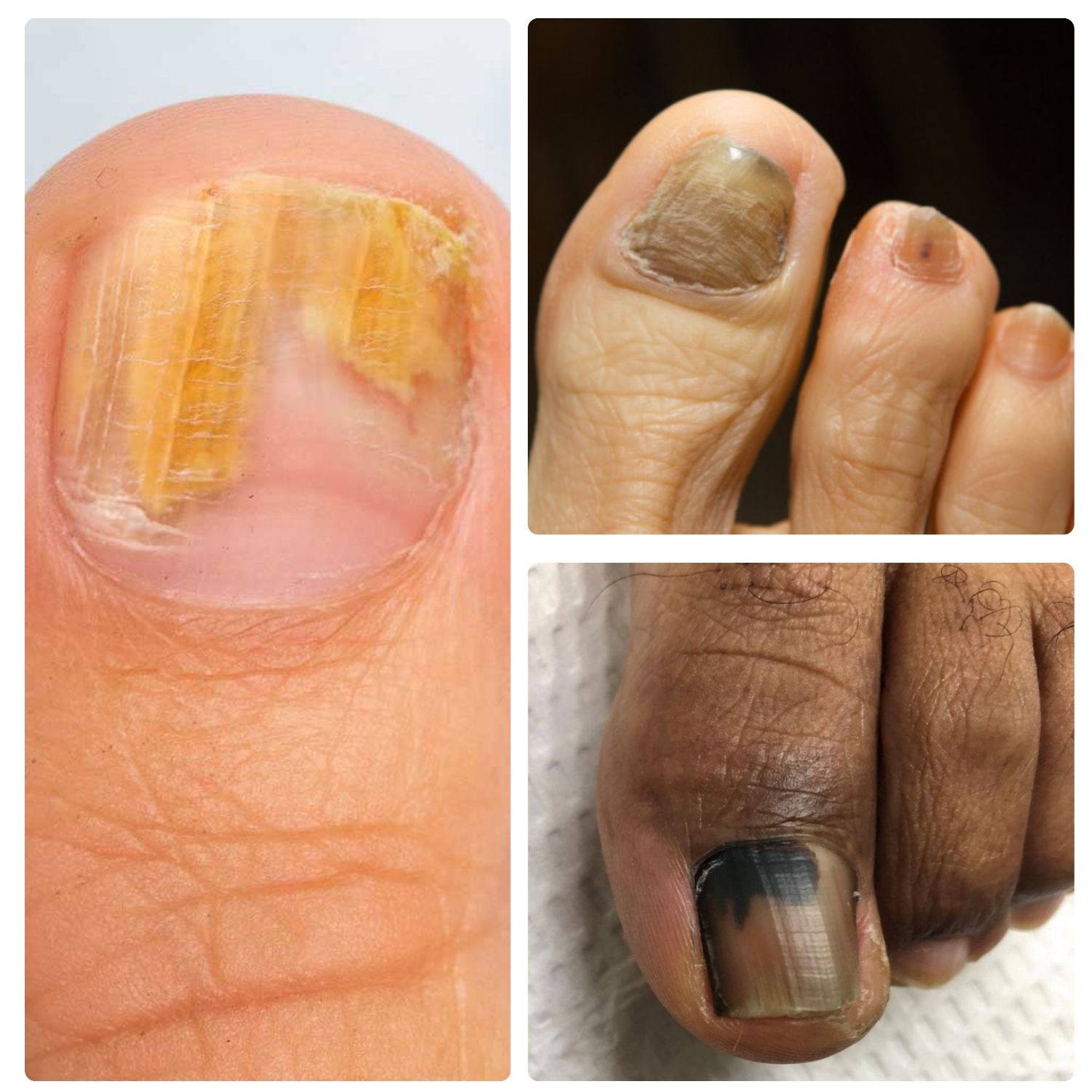
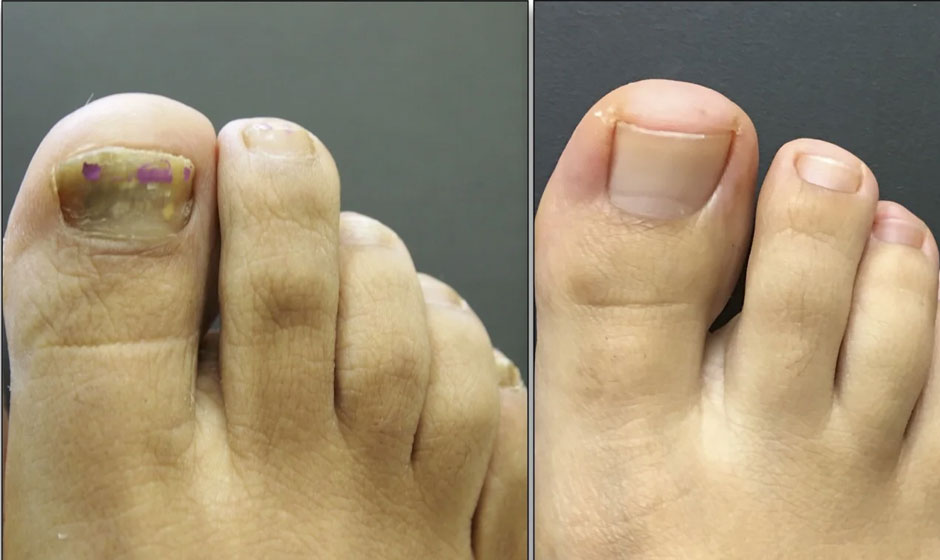
“My nails feel smoother, cleaner, and no longer break the way they used to.”
Daniel
DermOnDemand patient
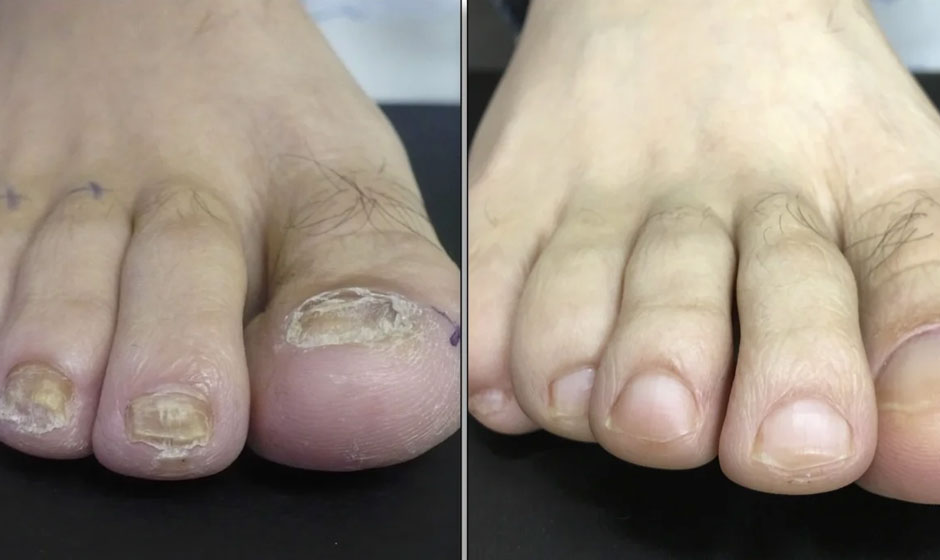
“After dealing with fungal infection for years, my nails are clear and strong.”
Joseph
DermOnDemand patient
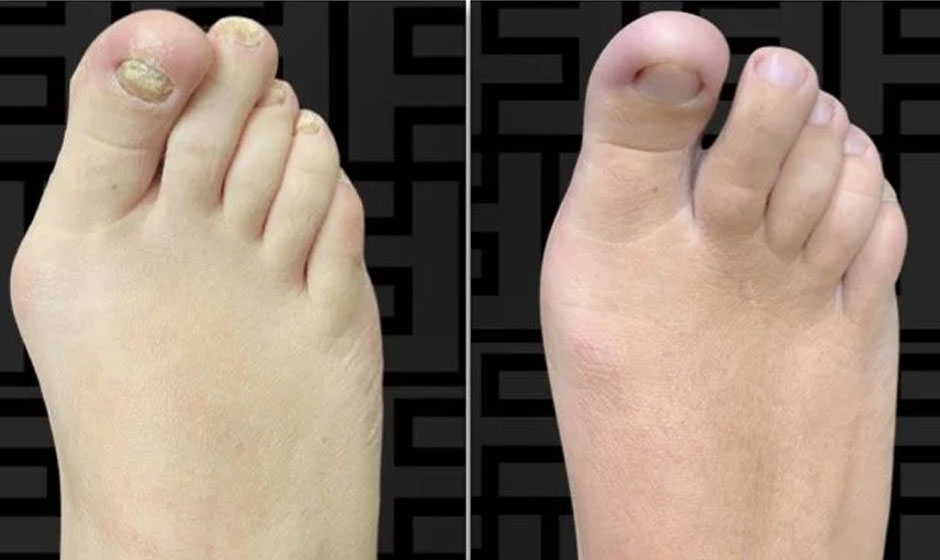
“The thick, damaged areas have grown out, and the difference is amazing.”
Amanda
DermOnDemand patient
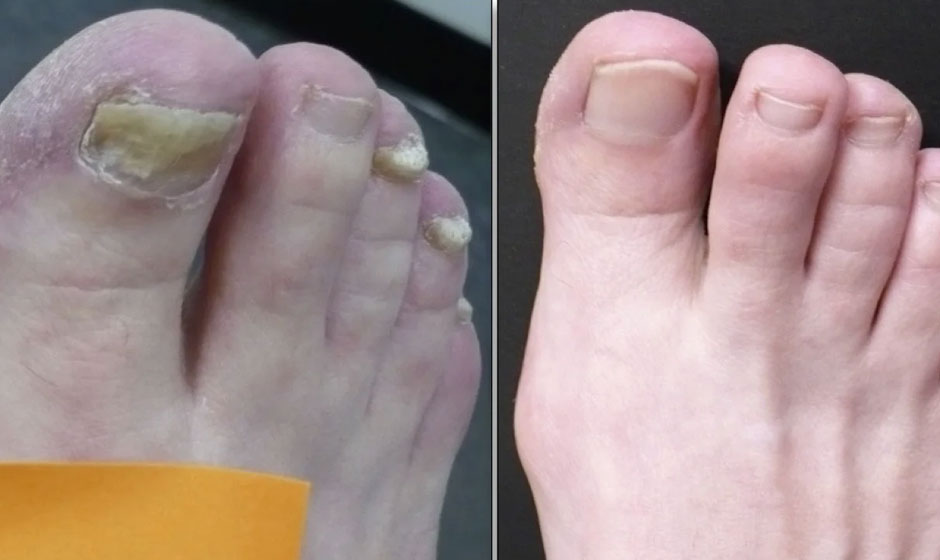
“The improvement is clear — the infection is gone and the nail looks natural.”
Lauren
DermOnDemand patient
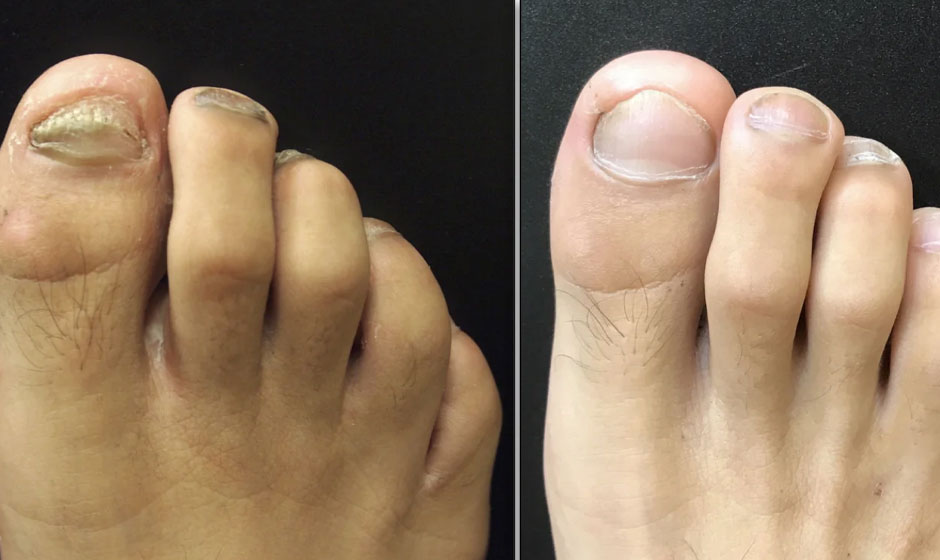
“The discoloration has faded, and my nails finally look healthy again.”
Brian
DermOnDemand patient
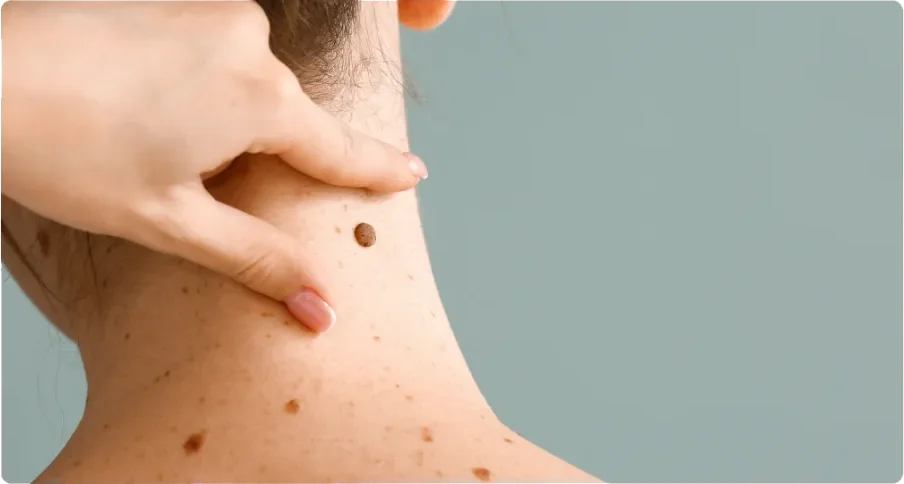
Quickly share your skin concerns by answering a few questions and uploading photos—it takes just 5 minutes.

Our dermatology team will carefully review your information, diagnose your condition, and create a tailored plan within 24 hours.
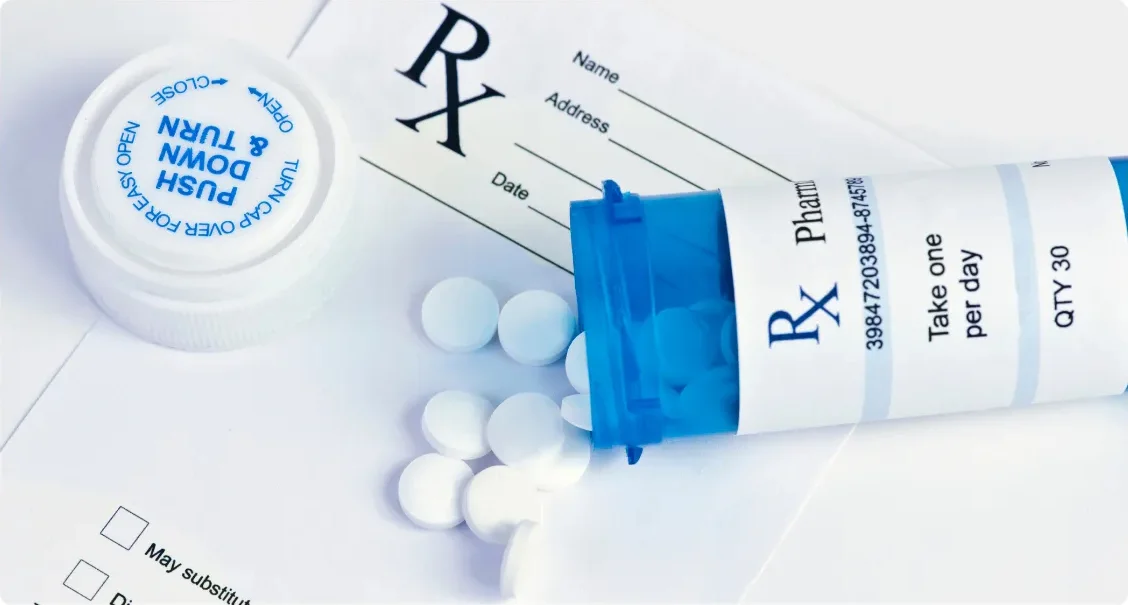
Your customized plan will be sent directly to you, and prescriptions (if needed) will go straight to your pharmacy.